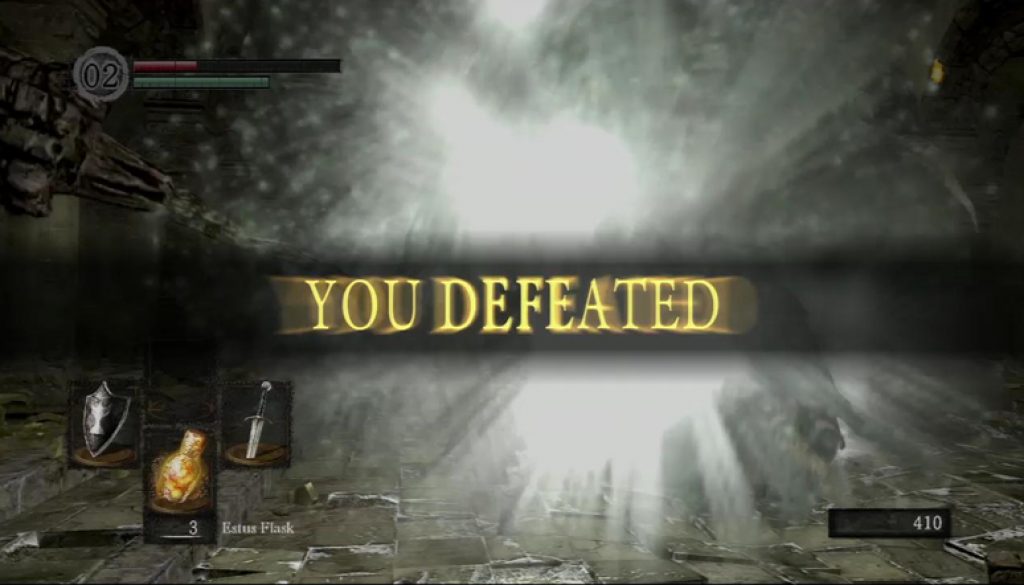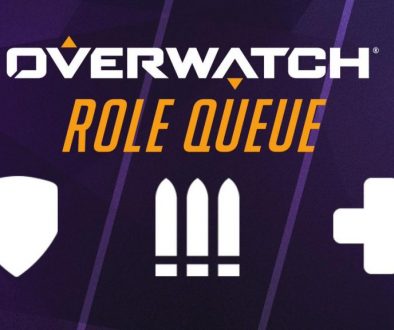What video game difficulty has taught me?
A large number of people that do not play video games in the world still have a difficult time believing that video games provide valuable life lessons. With many parents and government employees still insisting that video games do nothing but corrupt the youth and cause real-world violence. If any of these people that insist upon these ideas actually did their research from an objective standpoint, they would be surprised at just how wrong they are.
Lately I have been asking myself what life lessons I have taken away from video games. When I really took the time to think through my approximate 21 years of playing video games (I’m just gonna assume I didn’t start playing games until 4, but I have not idea actually), I can think of a number of ideas that I have applied to my life. Because of this, over the next few months or so, I have decided to dedicate at least one article a week to a valuable life lesson that I have learned from video games. Providing examples of games that have shown these well and how I personally apply these to my life.
Life lesson #1: Difficulty/challenge
Usually the first choice you are given when starting a new game is how difficult you want the game world to be. Nowadays, there are a variety of difficulty settings depending on what game you are playing, with some of the toughest options only becoming available after you meet certain requirements. Traditionally however, there are 3 difficulty settings: easy, medium, and hard. These usually determine how many enemies you will be fighting at once, how much health the enemies have, and how much damage they do to your character. Other difficulties in some games may add further challenges based on difficulty, such as adding a mechanic that weakens your character every time you die, only offers you one hit before you die, or takes away helpful items available in lower difficulties. Point being, not all games take the same approach to difficulty any more.
Okay, but how does this relate to the real world? Well, not everybody is born with the same challenges in their life. Even though people are growing more and more accepting of people who are different from them, it is a slow process and will still be some time (if ever) for every single person to be treated entirely equal by everyone. While it is extremely difficult, if not simply impossible, to lower the difficulty of your life, it is always possible to make your life more difficult. But there are usually trade-offs in how difficult life is and what you get out of that life.
In video games, sometimes you earn greater rewards from completing more difficult challenges. Sometimes you are rewarded with a greater sense of accomplishment. Sometimes you unlock a special piece of bonus content. But what do you get in life from doing something more difficult? Life tends to actually work very similarly, but it can be tough to spot how sometimes. In life, working harder usually means that you earn more money and/or respect and therefore have the ability to enjoy more things than those who put in little or no effort. This is not always the case, and when you work harder for what feels like nothing, it’s important to know that it makes you a stronger person, if absolutely nothing else. And this is important because you are then prepared to face future challenges that those who did not have to struggle previously are unprepared for. Working hard in school, for example, may prepare someone for a more financially rewarding job in the future. Similarly, taking the time to learn valuable social skills could prepare you to make lasting friendships and connections that help you in your future endeavors in ways that you won’t even know about until much later.
The Soulsborne series is notorious for being extremely difficult and having no option to change this. Even as I make this point however, I understand that it is not as accurate as it has been stated by so many. Beginning any of the Dark Souls games or Bloodborne (I haven’t played Demon’s Souls, so I cannot speak for it) requires that you select a class with predefined stats. These include your character’s health, strength, and ability to deal with any number of specific situations you will encounter throughout the game. Your starting class also has a set character level, meaning that some have more room for growth and others have more skill points upon creation. This can be compared directly to being born into a certain social status or genetics and your bodies innate ability to deal with certain challenges easier or with greater difficulty.
Beyond a starting point for how difficult the world is going to be, it is always possible to choose for things to be as difficult or easy as you want them to be. For instance, there are a number of gamers that choose to play a game in a very specific way that makes the game more difficult than developers intend. I personally have recently begun the “iron man challenge” in World of Warcraft. This means that you are unable to use anything above the second lowest quality items, you cannot use anything that helps you level up quicker, you have to play alone (or as much as is in your control), and if you die you are finished and have to make a new character to restart the challenge. But you play the game this way because it challenges you and provides you a different way to experience the game than playing it like everyone else.
Personally, I prefer to start a new game on the highest difficulty to test and improve upon my ability to adapt to new situations. Still, it is always important to consider what you are hoping to gain versus how much you are willing to put in when deciding how difficult you want something to be.




